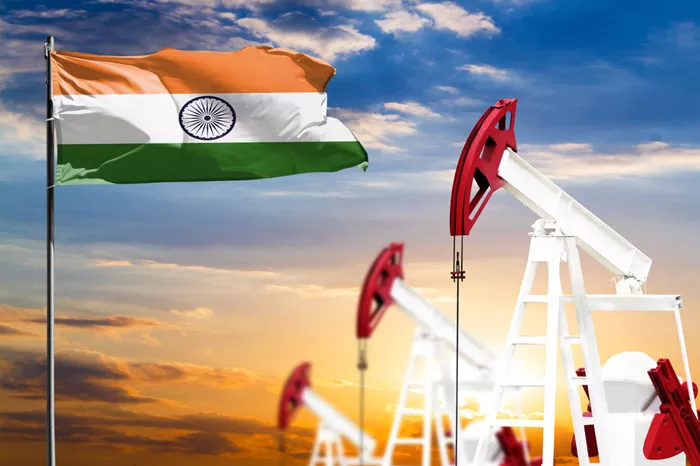In a daily update, oil marketing companies (OMCs) have announced that fuel prices across India will remain unchanged as of July 17, 2024. The OMCs, responsible for adjusting fuel prices, announce these rates at 6 a.m. daily, taking into account fluctuations in global crude oil prices and foreign exchange rates.
Since March 2024, fuel prices have remained stable nationwide following a Rs 2 per liter reduction in petrol prices implemented by the central government. This stability follows a period of consistent pricing since May 2022, which was marked by a reduction in fuel taxes by both the central and various state governments.
Here are today’s petrol and diesel prices in select cities:
Delhi: Petrol at Rs 94.72 per liter, Diesel at Rs 87.62 per liter
Mumbai: Petrol at Rs 103.44 per liter, Diesel at Rs 89.97 per liter
Chennai: Petrol at Rs 100.85 per liter, Diesel at Rs 92.44 per liter
Kolkata: Petrol at Rs 103.94 per liter, Diesel at Rs 90.76 per liter
Noida: Petrol at Rs 94.66 per liter, Diesel at Rs 87.76 per liter
Lucknow: Petrol at Rs 94.65 per liter, Diesel at Rs 87.76 per liter
Bengaluru: Petrol at Rs 102.86 per liter, Diesel at Rs 88.94 per liter
Hyderabad: Petrol at Rs 107.41 per liter, Diesel at Rs 95.65 per liter
Jaipur: Petrol at Rs 104.88 per liter, Diesel at Rs 90.36 per liter
Trivandrum: Petrol at Rs 107.62 per liter, Diesel at Rs 96.43 per liter
Bhubaneswar: Petrol at Rs 101.06 per liter, Diesel at Rs 92.91 per liter
Factors Influencing Fuel Prices in India
Several factors contribute to the pricing of petrol and diesel:
Crude Oil Prices: The cost of crude oil, the primary input for petrol and diesel, directly affects fuel prices.
Exchange Rates: As a major importer of crude oil, fluctuations in the exchange rate between the Indian rupee and the US dollar impact fuel costs.
Taxes: Taxes imposed by central and state governments vary, affecting the final price of fuel across different regions.
Refining Costs: The cost of refining crude oil into petrol and diesel also influences fuel prices. This can vary based on the type of crude oil and the efficiency of the refinery.
Demand: Increased demand for fuel can lead to higher prices, reflecting market conditions.
Consumers are encouraged to check local fuel rates regularly, as these can be subject to change based on the above factors.
Related topics:
5 Reasons Why Fuel Is So Expensive In Alberta

